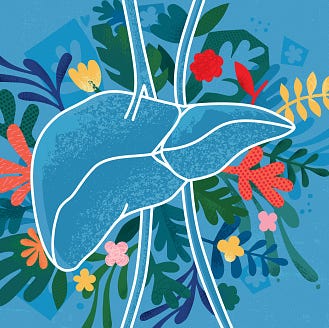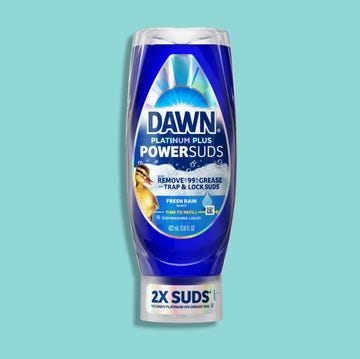There’s a lot to think about when you’re pregnant. Choosing a baby name and what to put on your registry are certainly the more fun musings. Then there are the angst-inducing ruminations — like contemplating just how exactly you’ll care for a tiny human who doesn’t come with a manual. But parents have been doing this for millennia, and while there will be learning curves, you can do this.
The best way to start is with the foods you eat. The first 1,000 days of development (from conception through a baby’s second birthday) lay the building blocks for long-term health. It’s the most crucial time for the development of their body, brain, metabolism, and immune system. And the food you eat is a crucial part of the process. Research shows that a child’s ability to develop and thrive depends on good nutrition during pregnancy and the early years of life.
While dairy is known for its bone-building, it is also a source of protein (for muscle development) and other essential nutrients. Three of these — choline, vitamin B12, and iodine — are critical for a baby’s growth and development, says Carmen Roberts, M.S., R.D., L.D.N., a registered dietitian/nutritionist in Baltimore.
For more food for thought, click the cards below to learn about each nutrient and how to add more of it to your diet.
Thyroid hormones aid in the formation of nerve cells in the brain, the structural foundation of brain regions, and nerve cell maturation. “Iodine helps your baby develop a normal and healthy thyroid and regulates the hormones that control heart rate, metabolism, and body temperature,” Roberts says.
Choline helps foster a healthy brain and spinal cord and may protect against neural tube defects. Vitamin B12 is a water-soluble vitamin important in cellular metabolism, DNA synthesis, and neurocognitive development beginning early in pregnancy. It’s also fundamental to spinal cord function and the formation of healthy red blood cells and DNA, Roberts says.
One of the best ways to load up on these vitamins and minerals is by consuming dairy on the daily. Milk, cheese, and yogurt all contain iodine, choline, and vitamin B12. What’s more, “dairy products are a great source of calcium, which is essential for your baby’s bones and teeth,” Roberts says. Pregnant women need at least 1000 milligrams of calcium each day, she says. This is equivalent to 3 to 4 servings of dairy.
Protein requirements also increase during pregnancy, and dairy foods are a good source of protein, Roberts says. And it can be simple to reach your daily requirements: For example, 1 cup of milk or 1 ounce of cheese has 8 grams of protein; Greek yogurt has up to 18 grams per cup and cottage cheese has 12 grams per half-cup.
To learn more about the benefits of dairy, visit www.usdairy.com. Always consult with a healthcare provider before making nutrition changes.













